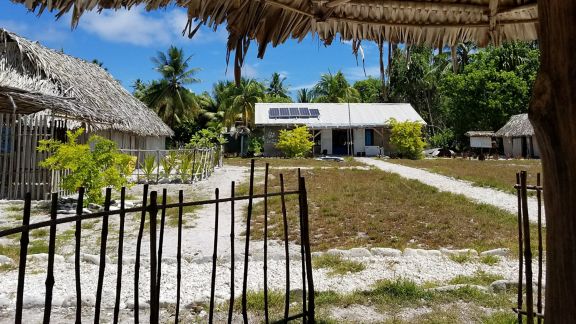Problem
Improving democracy, rights, and governance in Latin America and the Caribbean requires informed, strategic action.
The Latin American and the Caribbean Learning and Rapid Response (LACLEARN) contract’s stated objective is to “contribute to improving USAID’s democracy, human rights, and governance (DRG) work in Latin America and the Caribbean (LAC),” including through research and learning activities. USAID invests in an extensive volume and variety of DRG work across 13 field offices and four regional programs throughout the LAC region. Improving this work requires a strategic approach that is grounded in USAID’s priorities and responsive to gaps in the existing evidence and knowledge base.
Solution
NORC collaborated with key stakeholders to identify learning priorities.
NORC used a collaborative approach that combined consultations with key USAID stakeholders, and analysis of strategic planning documents and prior funding to identify learning priorities and evidence gaps. We distilled these into 16 priority learning questions grouped into four priority learning themes.
Upon finalizing the learning themes and questions, NORC facilitated a virtual event that included USAID staff from Washington-based bureaus, regional programs, and field offices to socialize the learning agenda. At this event, we also gathered feedback to assess which of the themes and questions had the most potential to quickly and effectively improve DRG programming in the region, assuming relevant learning activities were implemented.
Result
NORC strategically aligned research and learning over LACLEARN’s lifetime.
Since finalizing the LAC DRG Learning Agenda, NORC and its partners on LACLEARN have used it as a framework to guide strategic planning and synthesize evidence that responds to USAID’s priority learning needs. When planning research and learning activities, we have assessed how these are relevant to LACLAEARN’s established learning questions. In follow-up strategic planning workshops, LACLEARN has verified that the learning agenda stood the test of time, remaining relevant years after it was established.







